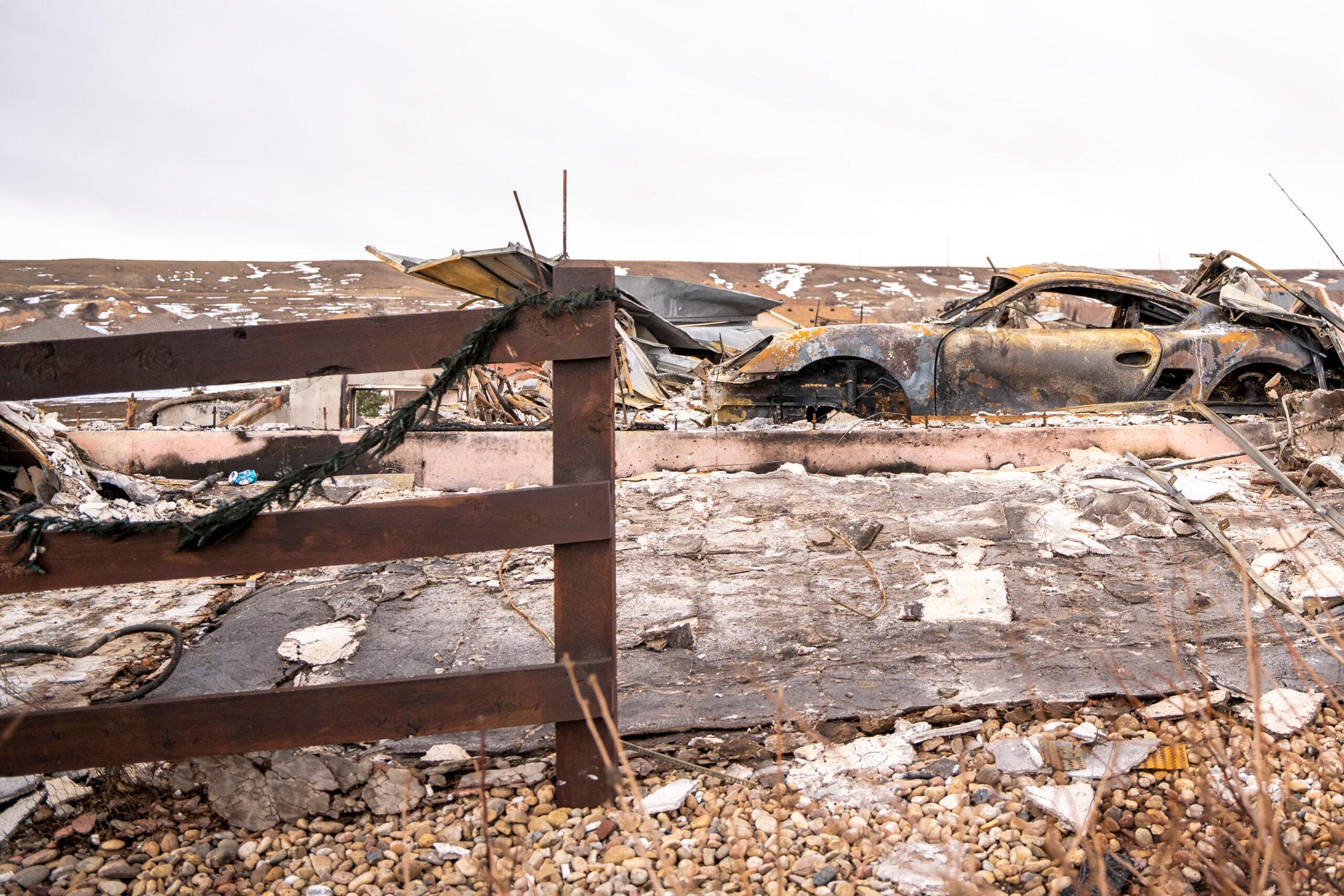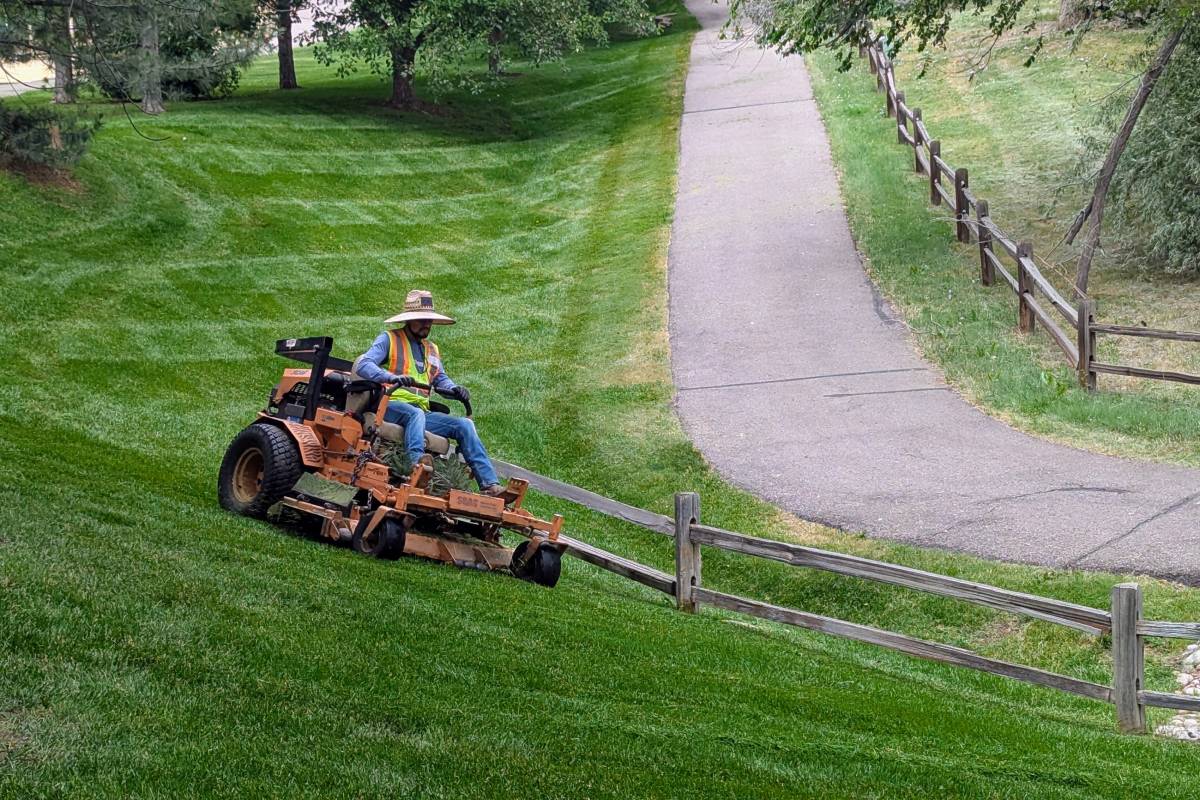
Colorado lawmakers on Friday advanced new legislation that would make it easier to build or upgrade homes to harden them against wildfires.
The legislation would void language in existing homeowners’ association bylaws, deed restrictions or property contracts that prevent residents from installing or using fire-resistant building materials. It would also prohibit new restrictions.
Some HOAs and neighborhoods in Colorado have bylaws that mandate homes are built with materials that can easily ignite and spread fire to other homes, including wood shingles or cedar fences. Many of those rules and other restrictions linked to properties also prevent residents from replacing flammable materials or modifying their homes and yards in ways that harden them against wildfires.
Fire officials and experts testifying at a committee hearing on the bill this week told lawmakers the legislation would make it easier for communities to eliminate dangerous housing materials and design features that magnified the effects of the 2021 Marshall fire, which investigators say started as a grass fire sparked by power lines and embers from burning trash. It grew into a suburban inferno that killed two people in what is now considered the most destructive fire in Colorado history.
The bill’s sponsors, Kyle Brown, D-Louisville, and Brianna Titone, D-Arvada, and other speakers referenced a post-Marshall fire analysis from Institute for Business and Home Safety researchers that identified a single wooden fence as a key link in a destructive chain that guided flames from a grassy area to a home and, eventually, a hundred others.
The committee voted unanimously to approve the legislation, House Bill 24-1091. The full House voted on Friday to advance the bill. The measure still requires a final vote from the House, and then it will head to the Senate for its next phase.
More than half of Colorado’s population lives in homes located near wildland areas, which are considered especially dangerous as climate change increases the frequency and intensity of wildfires.
More than 40 percent of Colorado residents live on a property that’s governed by a homeowners’ or community association, according to data from the Foundation for Community Association Research.
Mike Morgan, the director of the Colorado Division of Fire Prevention and Control, told lawmakers at the committee hearing that many HOAs and neighborhood associations have outdated rules and said the legislation would remove legal roadblocks that endanger communities and keep residents from protecting themselves and their homes.
“I receive multiple calls from people in their HOAs begging us as a division, as the state, to try to do something to keep them from having to rebuild a wood fence up to the structure,” Morgan said.
Funding for public media is at stake. Stand up and support what you value today.









